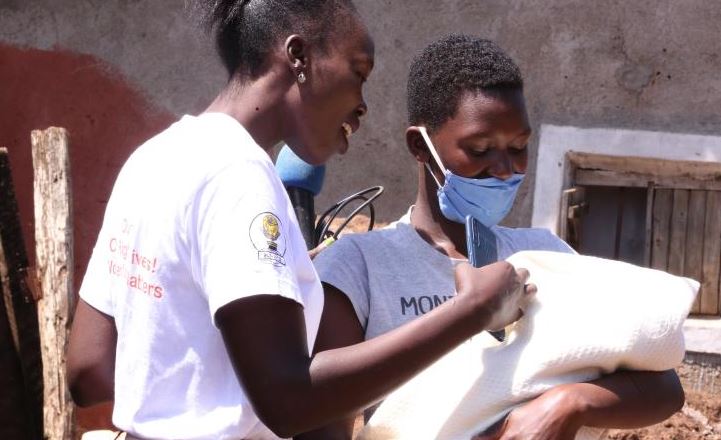×
The Standard e-Paper
Kenya’s Boldest Voice

Checking into a hospital was the last thing on Dorothy Akoth's mind when she suddenly went into labour. It was almost midnight and the 27-year-old resident of Obunga slums in Kisumu knew it wouldn't be long until her baby arrived.
But there was one problem. Akoth was afraid of going to hospital because she believed there was a greater risk of exposing herself and her newborn to Covid-19.